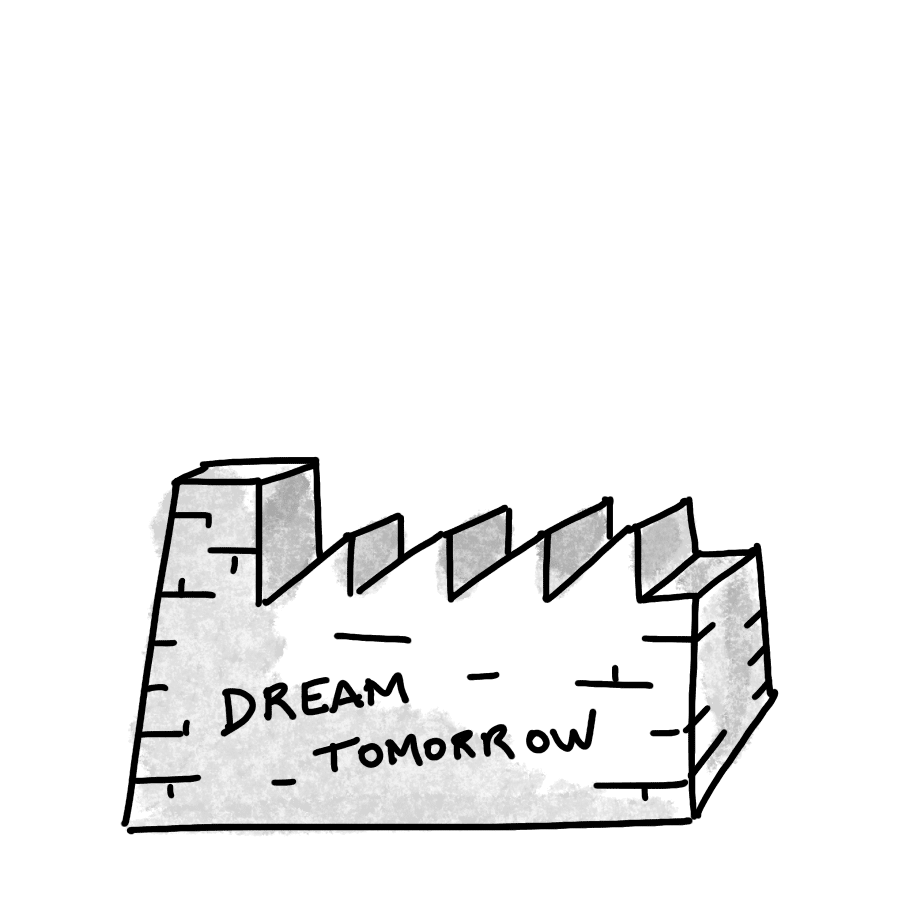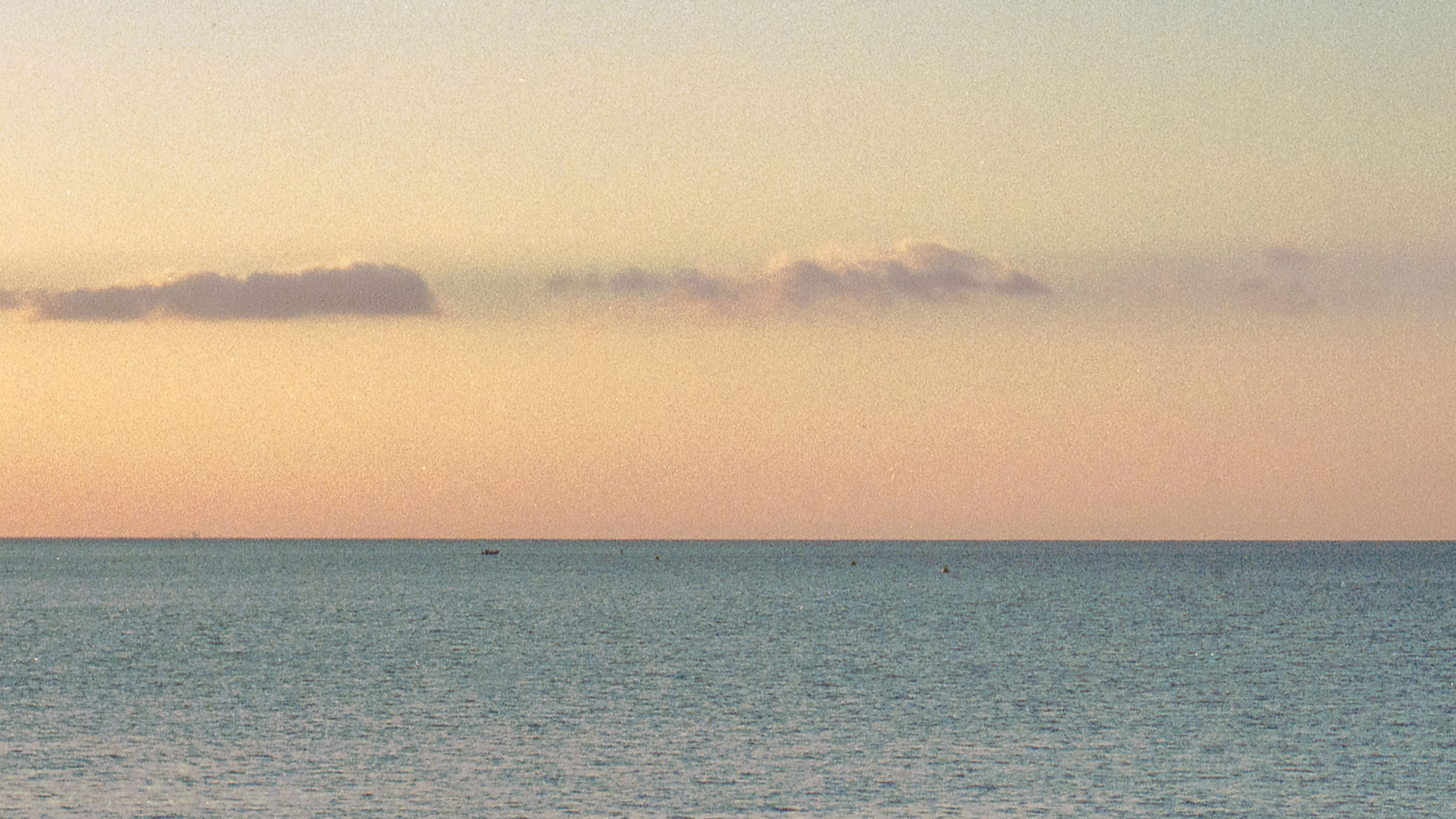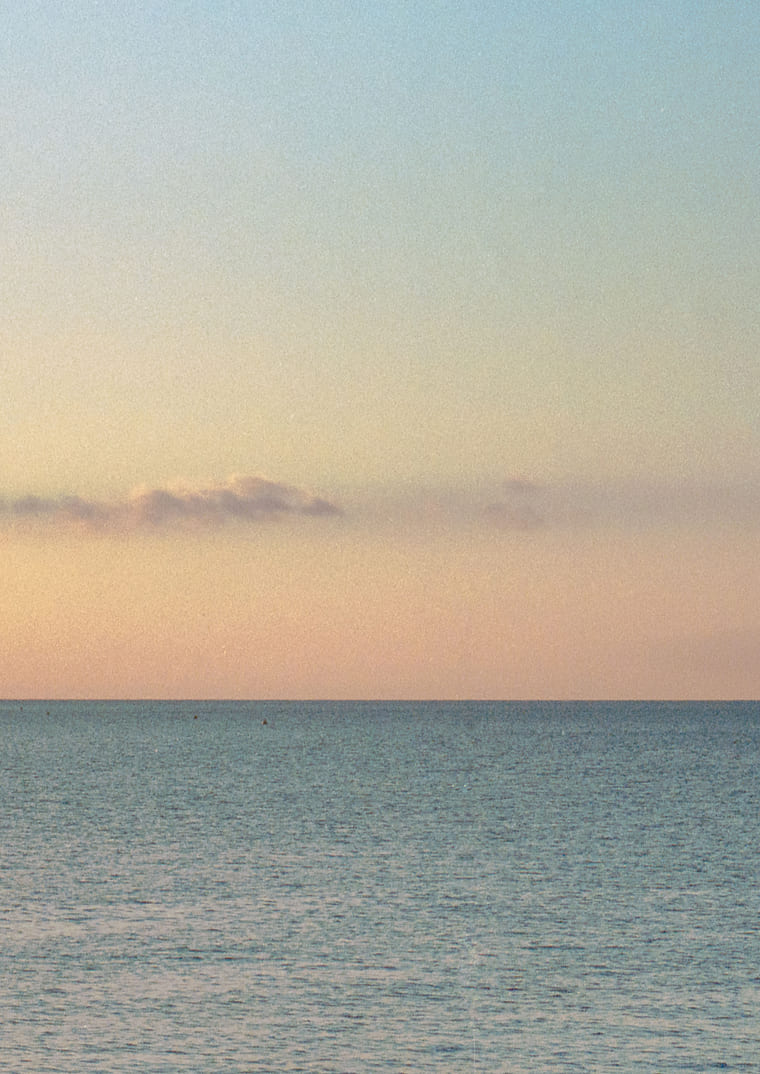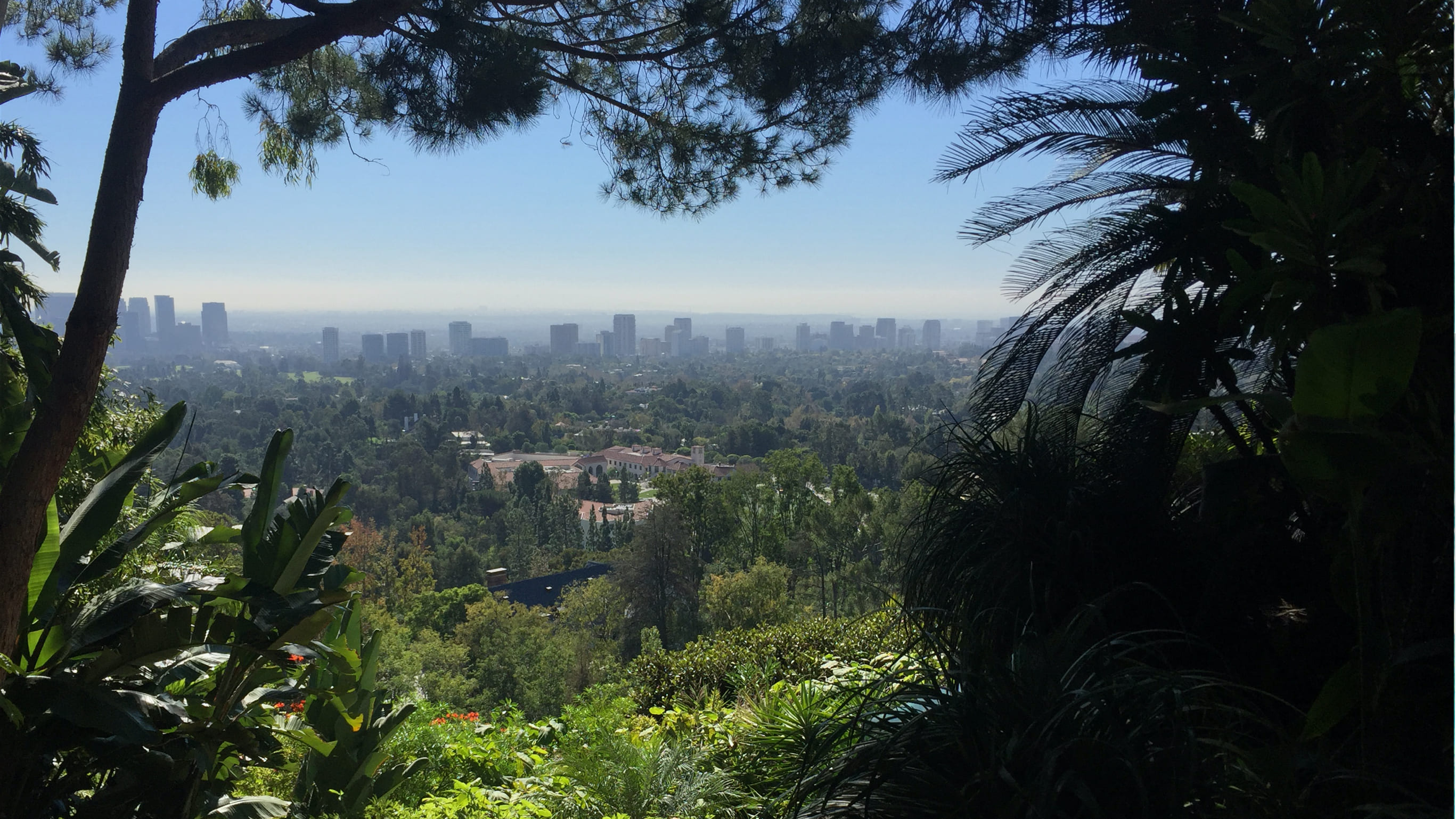PRODUCT
At Maje, we consider a product to be in line with our Dream Tomorrow commitment when at least 50% of the composition of the main fabric comes from a more responsible source with social and/or environmental guarantees.
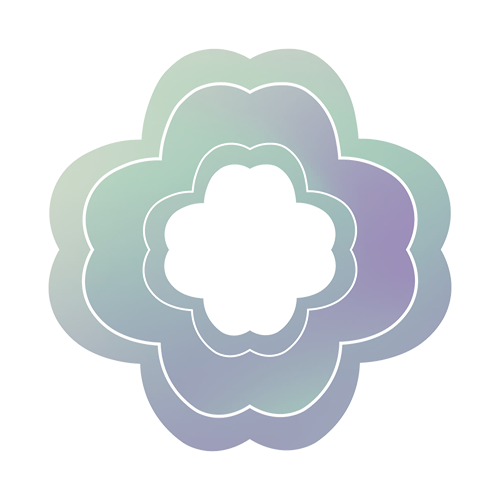
What is eco-design?
What exactly does eco-design mean? It is about taking into consideration environmental aspects related to the design and development process of our products, with the goal of reducing their negative impact throughout their entire life cycle. How do we put this into practice? By using organic, recycled or upcycled materials, improving product positioning to limit material wastage, verifying the manufacturing conditions of our products, assessing durability, packaging and more. we consider a product to be in line with our Dream Tomorrow commitment when it has undergone a more sustainable transformation process or when at least 50% of the composition of the main fabric comes from a more responsible source.
Our more sustainable product offer
It is the various stages in the manufacture of our products (raw materials, transformation into yarn and fabric, dyeing) that are responsible for the majority of the environmental impact associated with our activity. This is therefore a logical priority in our endeavour for more sustainable development. The reduction of greenhouse gas emissions, water consumption, chemical use and pollutant emissions is something we address by establishing environmental criteria to increase the use of materials and/or transformation processes with a lower environmental impact. These criteria are based on a selection of independent labels, materials or manufacturing techniques whose environmental benefits are based on factual and public evidence. Our goal is for at least 95% of products to meet our environmental criteria by 2030.
The materials with the lowest environmental impact that we recognise are:
GOTS or OCS certified cotton;
Recycled materials (polyester, nylon, wool, viscose, cotton, etc.) whose fibres are certified under the GRS or RCS labels;
Sheep, alpaca or mohair wool from a certified supply chain that guarantees animal welfare and sustainable pasture management
: Responsible Wool Standard (RWS) for sheep’s wool, Responsible Mohair Standard (RMS) for mohair and Responsible Alpaca Standard (RAS) for alpaca wool;
Viscose sourced from a controlled textile process.
European linen with European Flax or Master of Linen certification.
For one of our products to be considered more sustainable, at least 50% of its main material must meet one of these criteria.
The progress of the Summer 2025 collection
Today, our efforts are focussed on the five most-used materials in ready-to-wear: viscose, polyester, cotton, wool and leather. According to the social or environmental issues with which they are associated, each of these five materials has its own certified alternative. These alternatives to conventional materials offer additional social and/or environmental guarantees.
For the Summer 2025 collection, according to our projections, 75% of the products in our ready-to-wear and accessories collection meet our CSR* specifications. Last Summer season, we were at 69%. Our goal is to reach at least 95% in 2030.
*A product for which the transformation process has a lower negative impact or in which at least 50% of the main material is composed of an alternative that has a lower impact on the environment and people.
Since April 2023, we have been members of the Leather Working Group (LWG), an initiative that certifies tanneries that meet industry best practices in water, energy and chemical use. The leather products featured in our more responsible selections come from Silver or Gold certified tanneries, the two most stringent levels in this certification.
https://www.leatherworkinggroup.com/

67% of the cotton used to make our products is organic and/or comes from recycled sources
50% of the viscose used to make our products comes from certified alternatives*
62% of the polyester used to make our products comes from recycled sources
57% of the wool used to make our products is traceable and/or comes from recycling channels
What about traceability?
In the Summer 2022 season, in collaboration with French green tech start-up Fairly Made, we launched a product traceability initiative. Information on the origin and manufacturing process of our products is available for selected items in our e-shops and stores. This gives you greater insight into the environmental impact of our products and is a valuable tool for analysing and improving our sourcing around the world.
For the Summer 2025 season, thanks to the independent Fairly Made tool, 90% of our products can be traced well beyond the legal requirements. Our aim is to reach 100% by the Winter 2025 season.
Access traceability results now either in the product data in our e-shops or by scanning the QR codes in our stores !
What about our factories?
The challenge here is to accelerate change by all of our partners. Every season we work with them to improve our supply of materials. Building on the experience of each of our industry partners, we strive to develop good practice in the workshops as well as with our weavers. The aim is to unite all participants in the chain in our sustainable approach.
As the seasons go by, our suppliers are acquiring new social and/or environmental certifications as we become more and more demanding.
Since the end of 2024, 100% of our tier 1 garment manufacturing partners were audited on social criteria, using internationally recognised methodologies. *Among the initiatives and certifications that appear in our specifications: BSCI, SMETA, ICS, WCA, WRAP, etc.
*BSCI: The Business Social Compliance Initiative (BSCI) is one of the main initiatives launched by companies to improve working conditions throughout their supply chain. The amfori BSCI Code of Conduct is based on the principles set out by the International Labour Organisation (ILO), the United Nations Universal Declaration of Human Rights, the United Nations Global Compact and the OECD Guidelines for Multinational Enterprises.
*ICS: Initiative for Compliance and Sustainability is a multi-sector initiative for improving working conditions and ensuring respect for the environment in global supply chains. An ICS audit can only be instigated by an ICS member and not by a supplier, factory or any other intermediary.
*WCA: The Working Conditions Assessment (WCA) programme provides a powerful online solution for companies and facilities looking to improve working conditions effectively and in line with industry standards and best practice.
As part of our continuous improvement process, we choose to work with trusted partners who share our values, while favouring the long term whenever possible.
